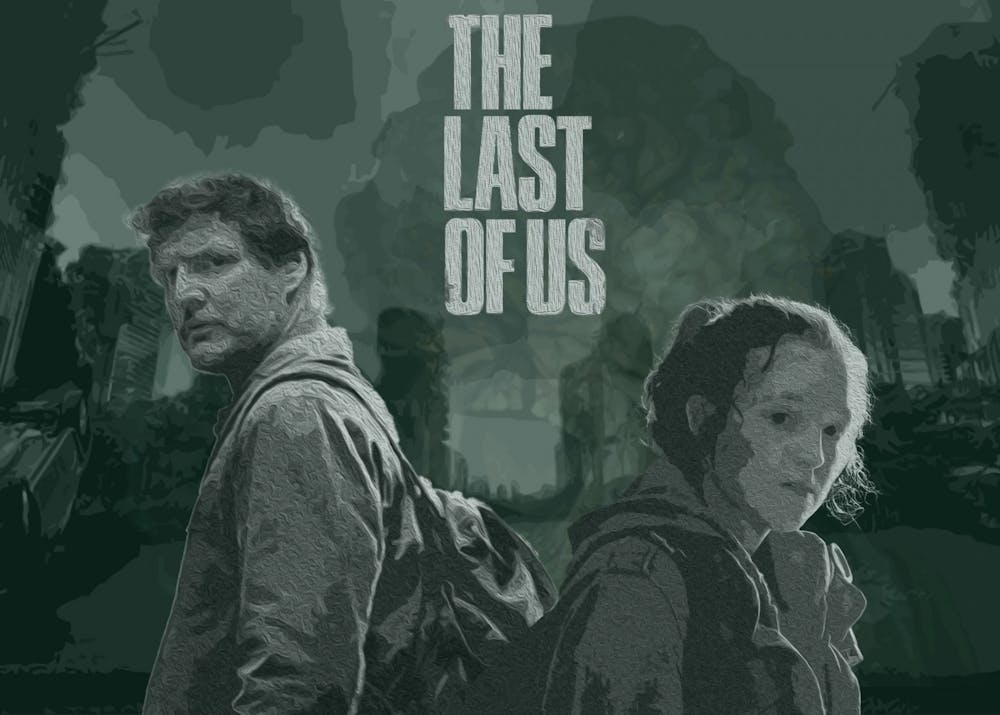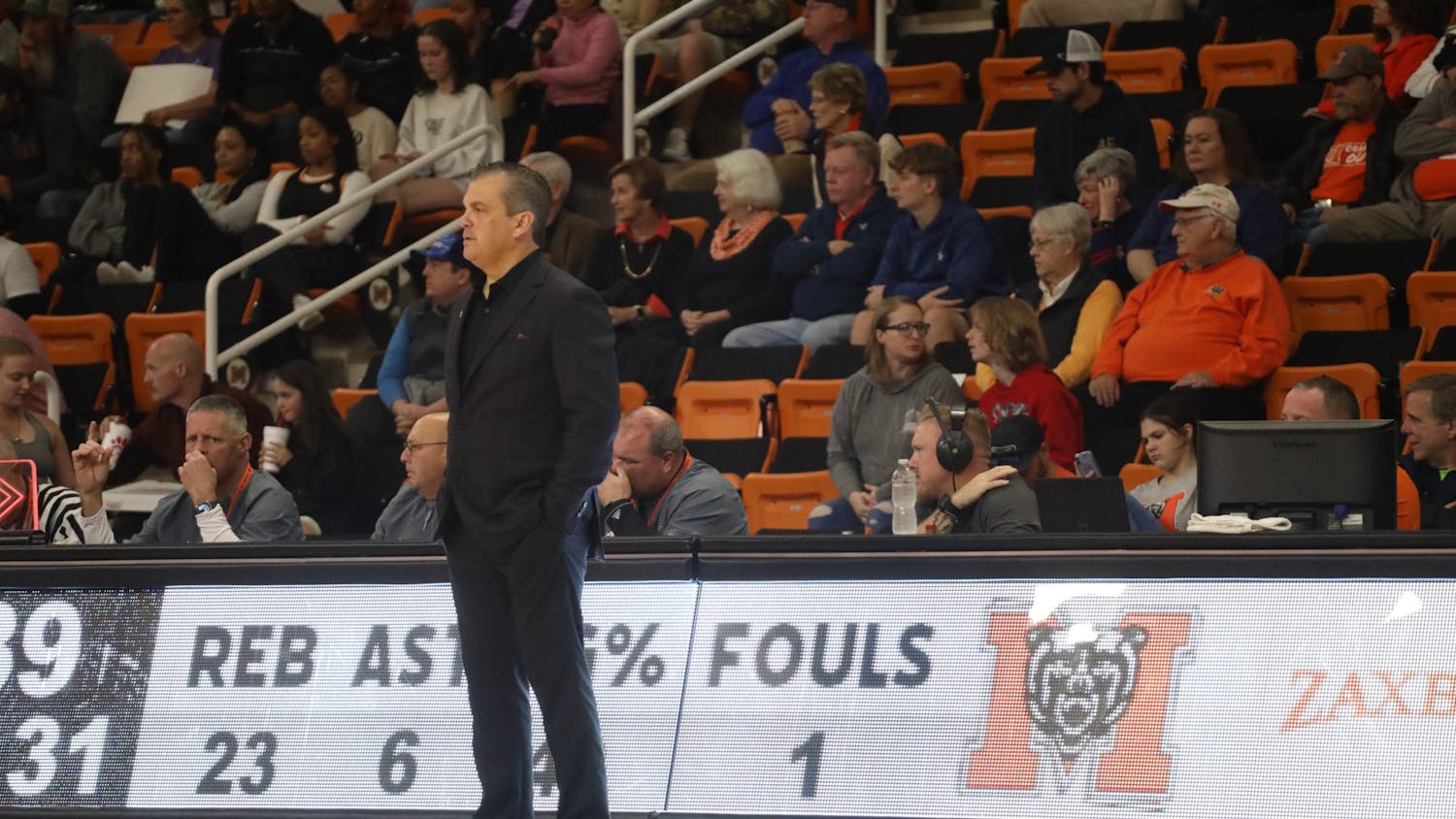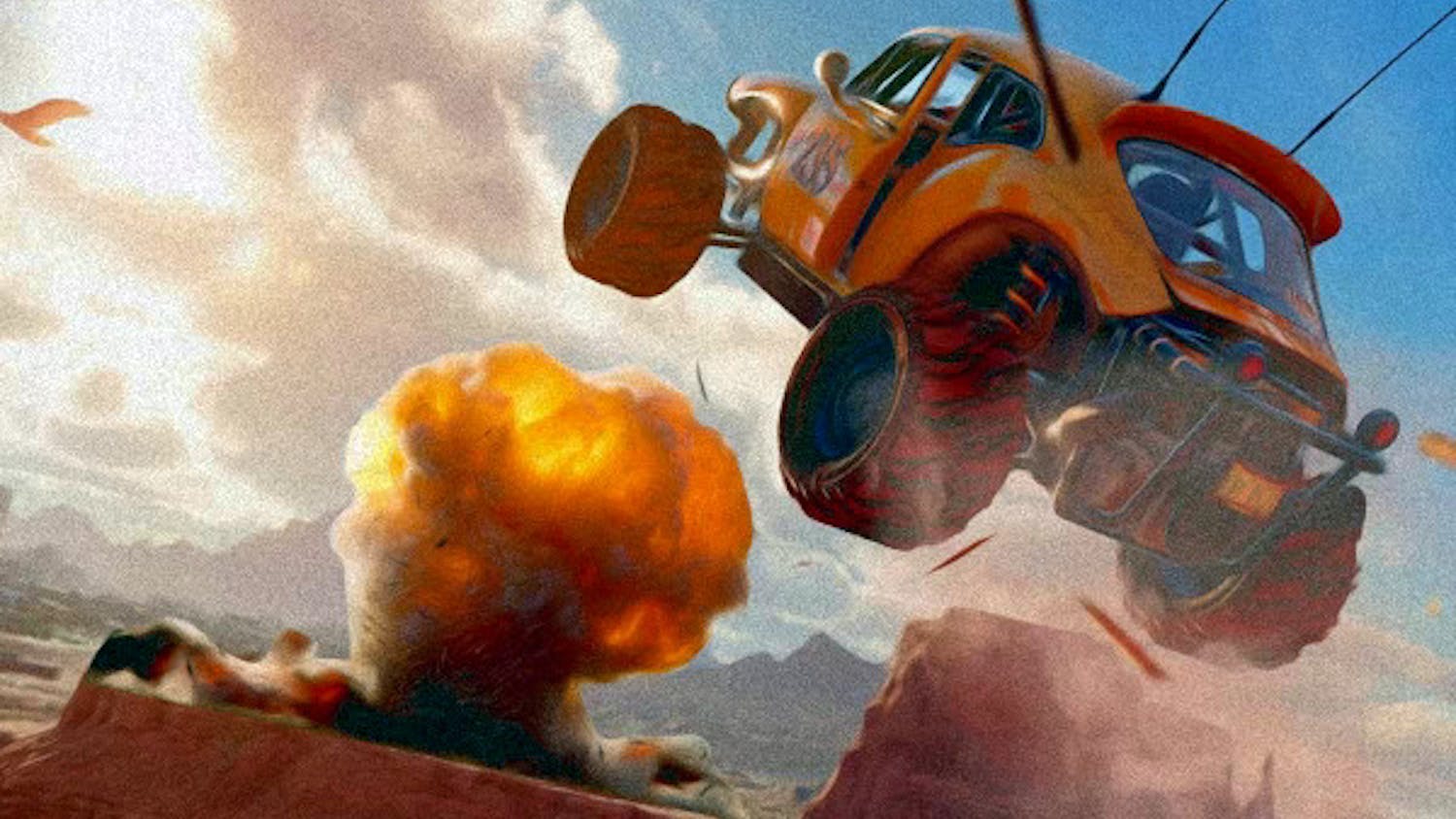The history of video game adaptations is a messy one. Time after time, franchises like “Resident Evil,” “Mortal Kombat” and “Super Mario Bros.” have all had film adaptations marred by budget constraints, lack of creative direction or a lack of authenticity to their source material. Plenty of people gave up hope that video game films or TV adaptations would ever be successful.
Recently, however, video game adaptations have become better than ever before. Films like “Detective Pikachu” or the “Sonic the Hedgehog” may not be the strongest adaptations, but they are proof that they are moving in the right direction. Shows like the “League of Legends” spinoff “Arcane” have even transcended their source material to become their own unique experience.
In this spirit, HBO’s “The Last of Us” was announced with a cautiously optimistic reception from fans. Luckily, this hope was not squandered as “The Last of Us” has quickly become gold-standard for live-action video game adaptations, much like “Arcane” was for animated ones.
The show stars Pedro Pascal, fresh off filming the third season of “The Mandalorian,” as Joel Miller, a construction worker turned survivalist after society collapsed in 2003 due to a mutated outbreak of the real-life cordyceps fungus. Now, 20 years after the world’s end, Joel works with his love interest, Tess Servopoulos (played by Anna Torv), in the Boston Quarantine Zone on a revenge mission following a trade deal gone wrong.
During their mission, they find stumble into Marlene and a group of rebels known as “The Fireflies,” who are protecting a 14-year-old girl named Ellie Williams, played by fellow “Game of Thrones” standout Bella Ramsey. They then ask Joel and Tess to take Ellie across the country to a far-off Firefly-controlled hospital to use Ellie to develop the potential cure for the cordyceps fungus.
Throughout the show, the group must contend with hordes of infected, territorial survivors and their own reservations about the mission and each other for a chance to rebuild the world.
The show’s tone and atmosphere feel very in line with the game’s, with scenes often accompanied by music straight from the original’s soundtrack.
The acting in the show is great for the most part, with Pascal and Ramsey as particular standouts in this department. When watching the show and seeing them perform, it feels as though the casting directors could not find a more perfect duo for the roles if they tried. The main heart and most gripping element of the game was the fluid, growing father-daughter relationship between Joel and Ellie, so it was a relief to see how well it translated into the show.
The supporting cast also does a great job. Nick Offerman and Murray Bartlett get their time to shine in a beautiful side story that, while deviating heavily from the original game, is nonetheless moving. Scott Shepherd adds great tension and discomfort to his portrayal of David, surpassing the likes of his in-game counterpart.
While the cast, music and tone are spot on, the camerawork leaves a bit to be desired, often employing the use of “shaky cam” to add tension to some action and walking scenes. The result is a sometimes unclear, occasionally difficult-to-watch viewing experience. Additionally, the show omits many of the best action or combat sequences from the original game, and the ones that are included are changed for the worse (the exception being episode five's dramatic climax).
Additionally, not every character addition was done for the best. Melanie Lynskey’s character was written as a somewhat generic, pseudo-imposing antagonist that adds little to the plot other than being a device for an eventual ultimatum between Henry, Sam and the rest of the group.
The majority of the issues fans of the game may experience in the show are the massive reworks the Bill storyline received, the removal of the majority of action scenes from the game and some discrepancies in line delivery.
Some of the scenes in the original game that worked so well were changed in the show, given different connotations or played out differently. Some scenes are elevated by this, like Bella’s excellent delivery of her argument with David. Other cases fall flat compared to the original, like Joel and Tess’s conflict at the end of the second episode.
Though some of the changes may seem inauthentic compared to the game, they contribute to the show’s unique identity. Instead of one version of “The Last of Us” being unanimously superior to the other, fans are treated to two varied, distinctive pieces that have their advantages and disadvantages.
Though “The Last of Us” doesn’t quite reach the staggering bar “Arcane” has set, it is nonetheless a faithful, enthralling adaptation of the modern classic story of Joel and Ellie’s cross-country trek to save humanity potentially. Hopefully, the show will inspire fans to experience the game it’s based on and even take a look at its sequel ahead of the emotional rollercoaster season 2 will be.





